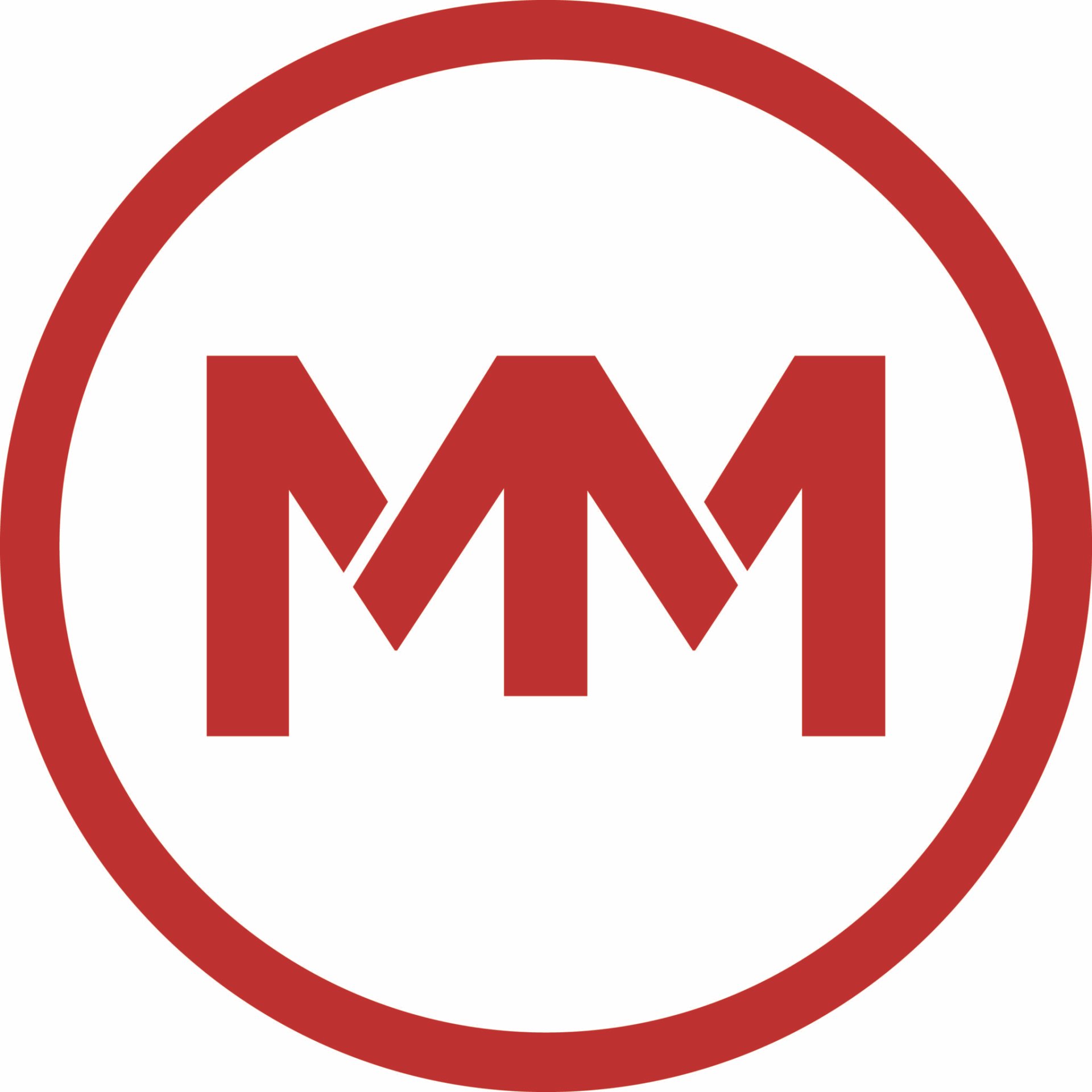How different types of debt could affect your mortgage*
Just like there are good and bad fats, there are also good and bad debts.
No matter which kind of debt you have, they can affect your mortgage approval in some way. But it’s important to understand this impact BEFORE you go through the process. Unfortunately, we aren’t health experts, BUT we can help you understand your debt.
Learn about the different types of debt and how this may affect you during the home-buying process.
Two types of debt
Secured
Secured debt requires collateral during the length of time you’re borrowing money. Secured credit cards, which are common for individuals looking to start or repair their credit, take the amount of money you deposit as your spending limit. Another example is an auto loan, where you pay the lender monthly for the car while they still hold claim to the title of the car.
Unsecured
As one would assume, unsecured debt works the opposite of secured. Instead of requiring a form of collateral, this type of debt operates on more of an honor system. This type of credit card allows you to borrow freely from your predetermined, approved limit. However, you can’t cheat this honor system. Missed payments will quickly catch up with you via collections and damage to your credit score.
Two borrowing & repayment types
Revolving
Revolving debt allows you to borrow as often as you’d like, up to the limit you are offered. Rather than just being given a single, lump sum of money that you pay back over time, revolving debt allows you to keep borrowing until you’ve reached (or lessened) your limit. A secured revolving debt might be a Home Equity Line of Credit whereas an unsecured revolving debt may be a credit card.
Installment
You take on installment debt when you borrow a lump sum that you pay off over time. So, rather than borrowing money as you pay off the debt, the initial debt must be settled before borrowing any further. Just like revolving debt, installment debt can also be either secured or unsecured. Auto loans would be an example of secured installment debt and student loans would be an example of unsecured installment debt.

What is bad debt?
Determining whether debt is bad versus good can often be subjective, depending on who you ask. This can rely on a case-to-case basis and taking a look at the bigger picture. However, there are strong indicators that can help you determine it for yourself.
Bad:
- Purchasing an item that loses value immediately
- Opting in for a longer term than average
- Has a high interest rate
- Classified as a payday loan
In general, if something won’t increase in value or generate income, you might think twice about going into debt to buy it. This can include clothes, cars and most other consumer goods.
So, there’s good debt?
Yes! However, just like with bad debt, it can be fairly subjective. But indicators of it being good debt will include:
Good:
- Purchase of an item/asset that gains value
- An investment toward your future
- Has a lower interest rate
- Selecting a term that allows you to pay off the loan as soon as possible
- Increases your net worth
If you borrow money to invest in a small business, education or real estate, you are generally considered to be in “good debt” because you’re investing in something that can improve your overall financial situation.
*Should not be construed as legal or financial advice. Please consult a financial advisor.
Debt and homeownership
So, how does all of this relate to homeownership??? Well, your debt actually plays a large role in the home loan you can qualify for, especially in the form of your debt-to-income (DTI) ratio. Simply put, your DTI ratio is how much of your overall income goes toward the debt you owe.
If your DTI ratio is too high, lenders might be hesitant to provide you with a mortgage loan. This is usually because they worry you won’t be able to make your monthly payments. But, if your DTI ratio is low, you’ll likely increase your chances of qualifying for a variety of loans.
Calculating your debt-to-income ratio
Typically, things like your mortgage, auto loans, student loans, personal loans and credit card loans are included in your DTI ratio. So, when applying for a mortgage, your lender will take your total monthly debt and divide that by your gross income. But let’s take a closer look at how your DTI ratio is calculated:
- Add up your monthly bills. This usually involves the debt examples listed above or debts you usually make payments on every month.
- Divide your total monthly debt (the number from step one) by your gross monthly income (before taxes).
- This will give you your DTI ratio in percentage form. Remember, the lower that number is, the more desirable you look to lenders.
Don’t let debt stand in your way
When applying for your mortgage, it’s important to know how different types of debt could impact your loan approval. Being prepared ahead of time can save you some stress later on.
If you need some pointers on how to get your DTI ratio in shape or how to start the pre-approval process for a mortgage, contact a Movement loan officer near you today!



